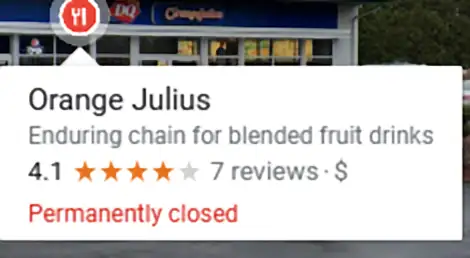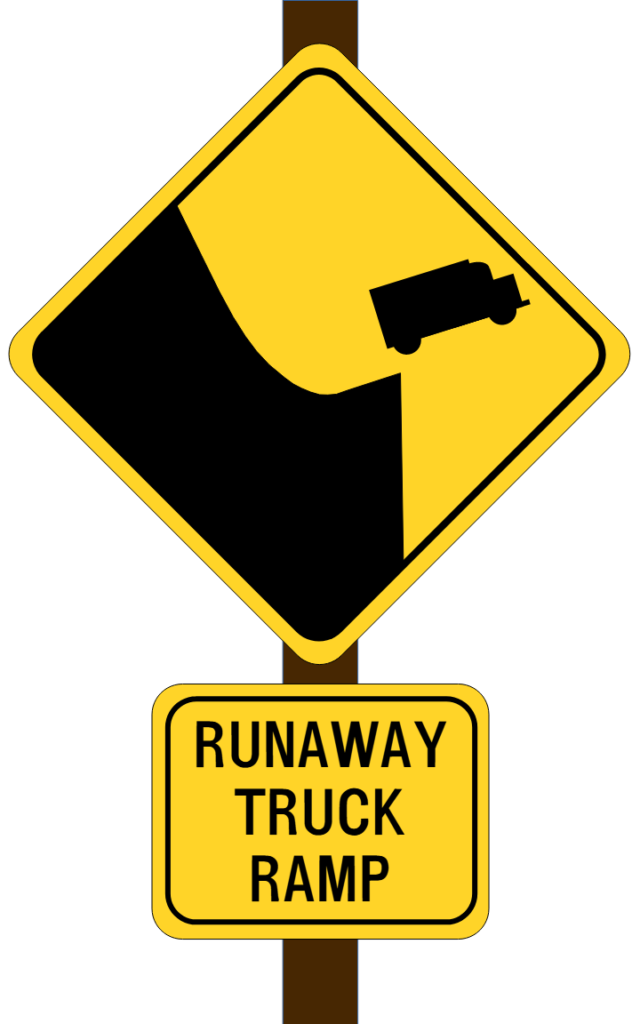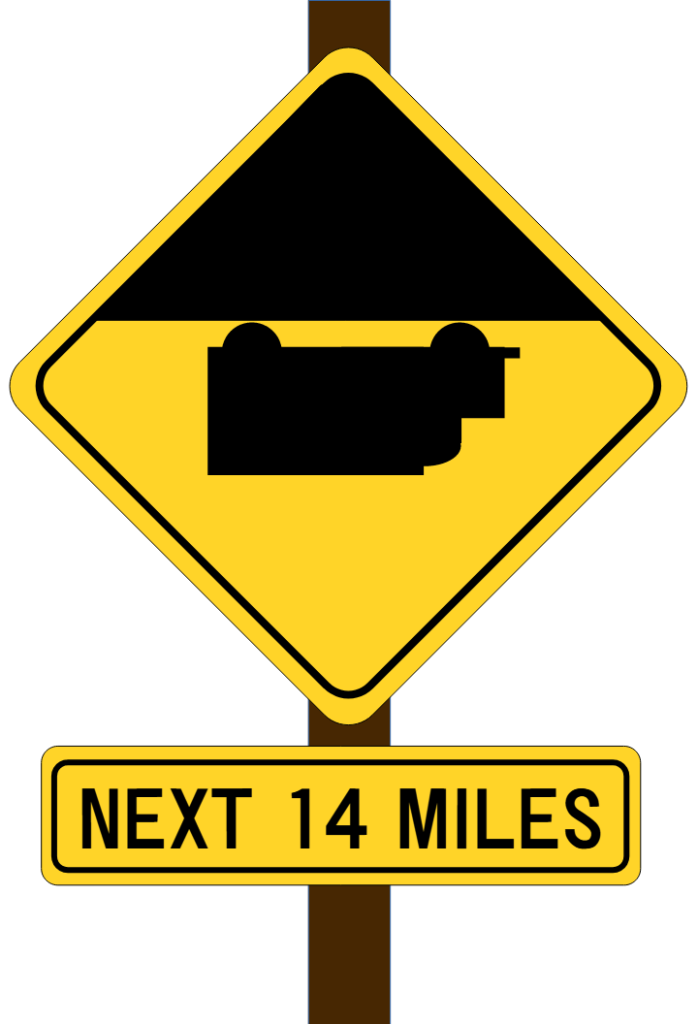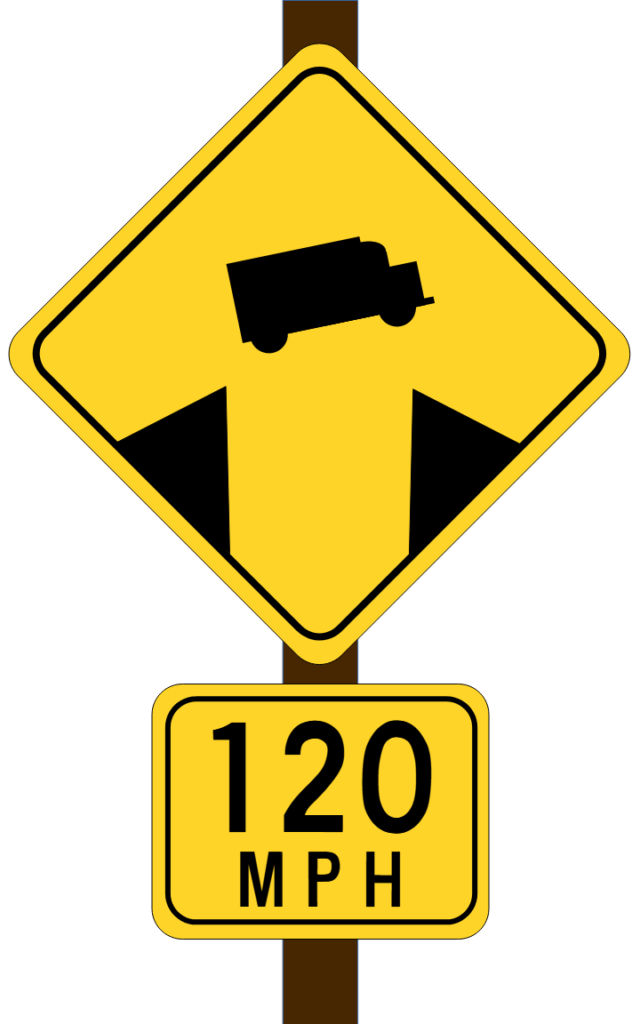Posts filed under “General Knowledge”
From DR. BOLI’S UNABRIDGED DICTIONARY.
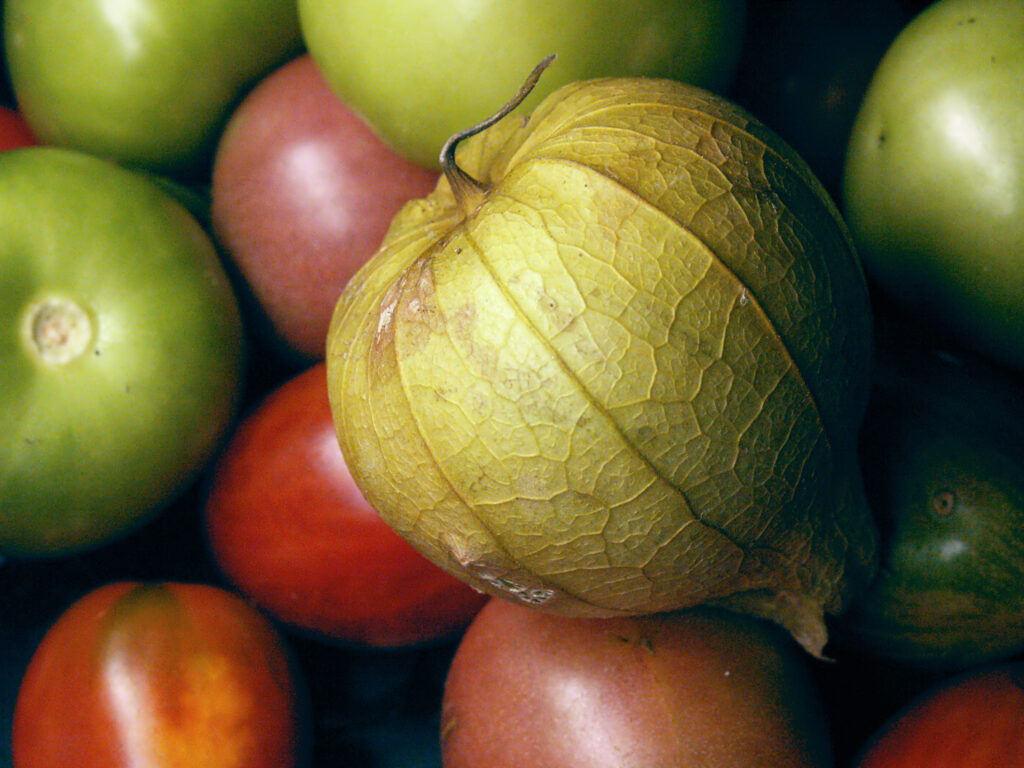
Salsify (verb).—To make into salsa. “We have a lot of tomatillos left over from the garden. We might as well salsify them.”
ASK DR. BOLI.
Dear Dr. Boli: Why are stupid people so angry all the time? Honestly, it just makes me want to punch them. —Sincerely, Spud, the bouncer at Krzrnski’s Cafe.
Dear Sir: Stupid people are angry because they believe, incorrectly of course, that they are more intelligent than the people around them, and that the world is in the mess it is in (stupid people are always convinced that the world is in a mess) because other people are too stupid to see the trivially obvious solutions to all our problems. The stupidity of other people is an inconvenience to people of obviously superior intelligence, such as you, but since the others are too stupid to see their own stupidity, they lash out in rage and sometimes violence against the people whom they perceive as being stupidly responsible for all the annoyances of their lives.
What can be done about it? The only solution would be to make the people around you less stupid. Start by teaching them to read Latin at least at the Caesar’s Commentaries level. Dr. Boli takes it for granted that a person of your obvious intelligence would have no trouble passing on some of his skills to the benighted mob surrounding him, and then the world would be in less of a mess, wouldn’t it?
HOW TO STAY SECURE ON LINE.
1. Always make sure your software is up to date by turning on automatic updates. This gives North Korean hackers a chance to compromise your computer or phone by hijacking the update process, and it is considered sporting to give hackers a fair shot.
2. Keep a hatchet or axe next to your device at all times for use in case of emergency.
3. Avoid elementary security mistakes. The most elementary mistake you can make in managing any device is to connect it to the Internet, and yet an estimated 100% of Internet users have made that very blunder.
4. Print out a list of all your usernames and passwords and register it with the U. S. Copyright Office. Then it will be illegal for hackers to steal your login credentials.
5. Make sure you have something plugged into every open port on your computer or phone, including the headphone jack. Hackers often access your data through “security holes,” but you can thwart them if there are no holes.
6. Always take advantage of two-factor authentication, in which you must respond to a text message on your phone in order to access a password-protected site. That way a hacker cannot breach your security unless you lose your phone, which never happens.
7. Keep your phone and computer in a lead-lined bag. Place the lead-lined bag in a lead-lined safe. Ask a random stranger to change the combination on the safe without telling you the new combination, and then kill the random stranger. Now you are secure until the next burglar with a scrap of ambition notices that you have a large safe sitting around and wonders what’s inside it.
THE TWENTY-FIRST-CENTURY DEFINITION OF WELLNESS.
THE COMEDIANS’ UNION IS PICKETING GOOGLE MAPS.
KNOW YOUR ROAD SIGNS.
IN LINGUISTICS NEWS.
The difficulty that faced other constructed languages, such as Esperanto, Volapük, or Lingua Franca Nova, was that, however much they might be simplified in comparison with naturally evolved languages, they still required a speaker and a listener to spend a great deal of effort on learning grammatical principles and a vocabulary in order to effect even the most rudimentary communication.
Prof. Glottal-Stopp, recognizing this inherent limitation of constructed languages that rely on grammar and vocabulary, has constructed a language made up entirely of grunting and pointing at things.
It is intended primarily to be a spoken language for international communication. Making use of the regular principles in the on-line manual he created for the language, Prof. Glottal-Stopp has named it “Ungh [pointing at mouth].”
According to Prof. Glottal-Stopp, his studies show that a person of merely ordinary intelligence can be taught the basic principles of Ungh [pointing at mouth] in six and a half minutes, and then proceed to make himself understood by persons with no formal training in Ungh [pointing at mouth]. The apathy of the general public in regard to constructed languages is thus no longer a barrier to international communication.
Asked whether he expected to benefit personally from his invention, Prof. Glottal-Stopp rubbed his hands together, held out his left hand with the palm up, intoned the syllable “Euh,” and pointed to his open palm with the index finger of his right hand.
It is believed that Prof. Glottal-Stopp has been working under a large grant from an anonymous donor.
KNOW YOUR ROAD SIGNS.
INSPIRATIONAL PROVERBS.
If at first you don’t succeed, hire a consultant.
Give a man a fish, and you feed him for a day. Give a man ten fish, and his apartment stinks for a week.
One day at a time eventually adds up to threescore and ten years.
Home is where the bills are.
Faint heart ne’er tumbled into a crevasse while climbing Everest.
Might makes maybe.
Actions speak louder than words if the actor has a tuba.
The enemy of my enemy probably can’t get along with anybody else either.
Today is the first day of your inevitable decline.

